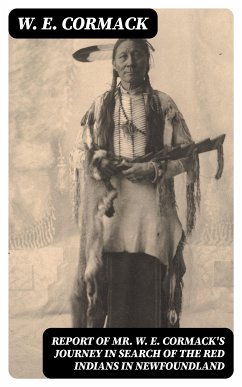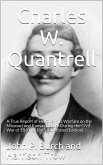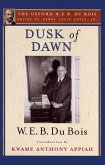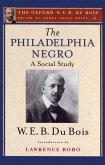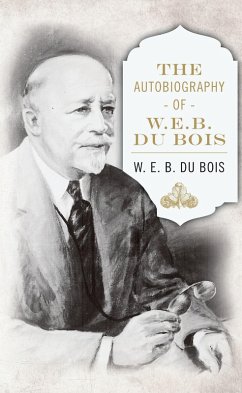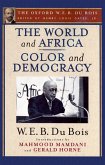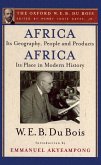In "Report of Mr. W. E. Cormack's journey in search of the Red Indians in Newfoundland," W. E. Cormack presents a meticulously detailed account of his expeditions into the rugged landscapes of Newfoundland. Written in the mid-19th century, the book features a rich narrative style that blends exploration, ethnography, and adventure. Cormack's observations of the natural environment and indigenous cultures are framed within a scientific context, reflecting the Victorian interest in anthropology and the burgeoning field of indigenous studies. His firsthand encounters and descriptions reveal the multifaceted relationships between settlers and the Native populations, while probing the complexities of identity and belonging in a changing world. W. E. Cormack, a native of Canada, was an early explorer whose interests in geography and the indigenous populations of Newfoundland fueled his literary pursuits. His background in natural sciences and his position as a naturalist provided him with the analytical tools needed to navigate and comprehend the diverse cultural landscapes he encountered. Cormack's journey was motivated not only by a quest for knowledge but also by a deep curiosity about the origins and lives of the 'Red Indians' that had become enigmatic figures in the Euro-Canadian imagination. This book is a compelling read for anyone interested in early Canadian history, exploration narratives, and the dynamics of indigenous cultures. Cormack's work serves as a critical lens through which contemporary readers can examine issues of cultural representation and historical memory, making it an essential addition to the libraries of historians, anthropologists, and those fascinated by the crossroads of culture and nature.
Dieser Download kann aus rechtlichen Gründen nur mit Rechnungsadresse in A, B, BG, CY, CZ, D, DK, EW, E, FIN, F, GR, H, IRL, I, LT, L, LR, M, NL, PL, P, R, S, SLO, SK ausgeliefert werden.

